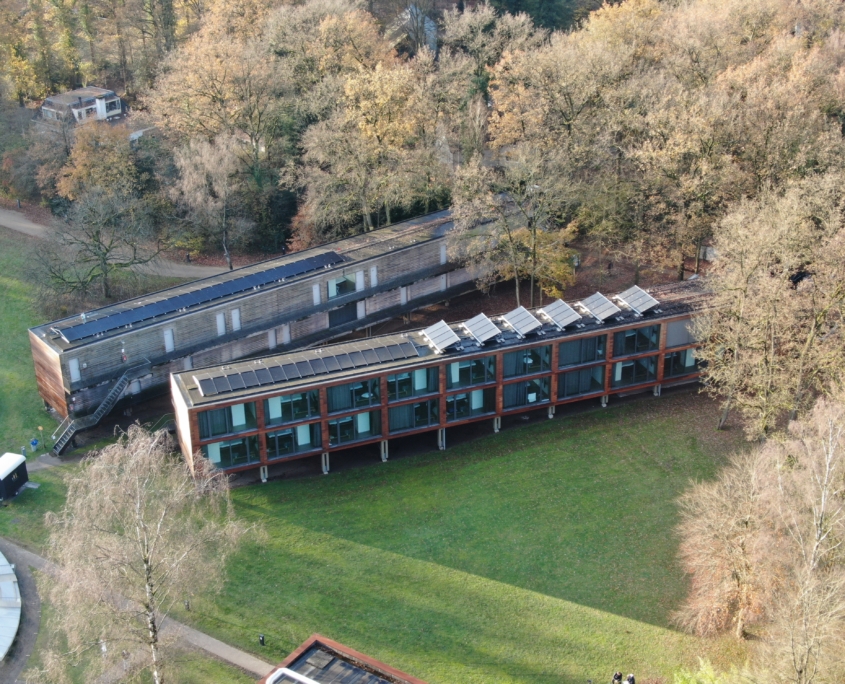Efficiency
How hotels can promote CO2 reduction and tree preservation
Introduction
In the context of the hotel industry, hotels play a crucial role in reducing their ecological footprint and preserving green ecosystems. Here are some strategies that hotels can implement to promote both CO2 reduction and tree preservation, with specific reference to the innovative solutions offered by Solarus.com.
- Energy Efficiency in Hotels Implementing energy-efficient systems is a key step for hotels to reduce their CO2 emissions. Utilizing advanced technologies, such as Solarus.com’s hybrid solar energy solutions, can help hotels reduce their reliance on traditional energy sources. These systems efficiently harness solar energy and contribute to significant CO2 reduction.
- Sustainable Building and Renovation Hotels can reduce their ecological impact by constructing sustainably or renovating existing structures according to green standards. Preserving existing trees on the property and integrating green spaces into the design contribute to biodiversity conservation and carbon sequestration.
- Active Participation in Reforestation Initiatives Hotels can demonstrate their commitment by actively participating in reforestation initiatives. By collaborating with organizations dedicated to forest conservation, hotels can contribute to the restoration of degraded ecosystems and increase carbon offsetting.
- Guest Awareness and Education Engaging guests in sustainable practices is essential. Hotels can launch awareness campaigns and offer educational programs to inform guests about the importance of CO2 reduction and tree preservation. Solarus.com can be a partner in these efforts by informing guests about the use of innovative solar energy systems.
- Partnership with Solarus.com for Solar Energy Solutions Solarus.com offers hotels the opportunity to harness solar energy efficiently and sustainably. By utilizing hybrid solar energy solutions, such as the PowerCollector, hotels can not only reduce their energy costs but also achieve significant CO2 reductions. This collaboration not only contributes to sustainability but also positions hotels as environmentally conscious destinations.
Conclusion: A Sunny Future for Sustainable Hotels The interplay between CO2 reduction and tree preservation in the hotel sector is vital for a sustainable future. By implementing energy-efficient solutions and preserving green ecosystems, hotels can not only reduce their ecological footprint but also contribute to the planet’s preservation. Collaborations with innovative companies like Solarus.com offer hotels the opportunity to shine as examples of sustainability and responsible tourism.
Note: This blog post provides general information and is not intended as a substitute for professional advice. For specific situations, it is recommended to consult qualified experts.





